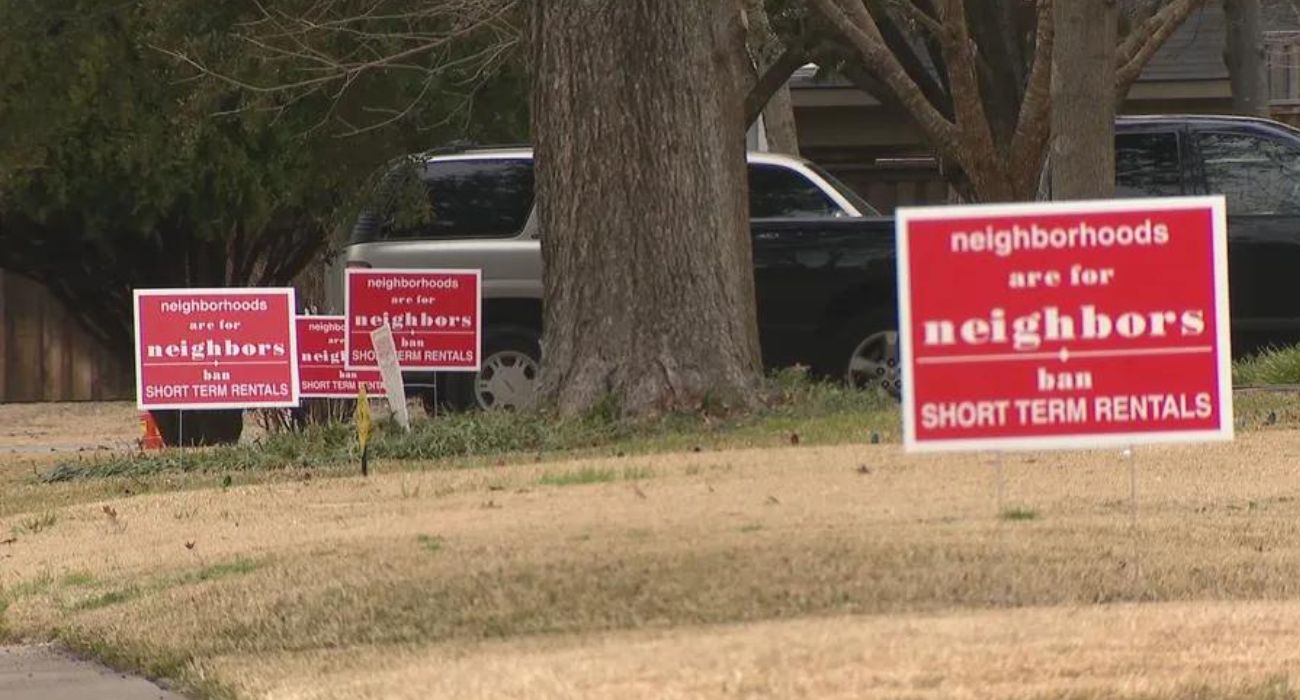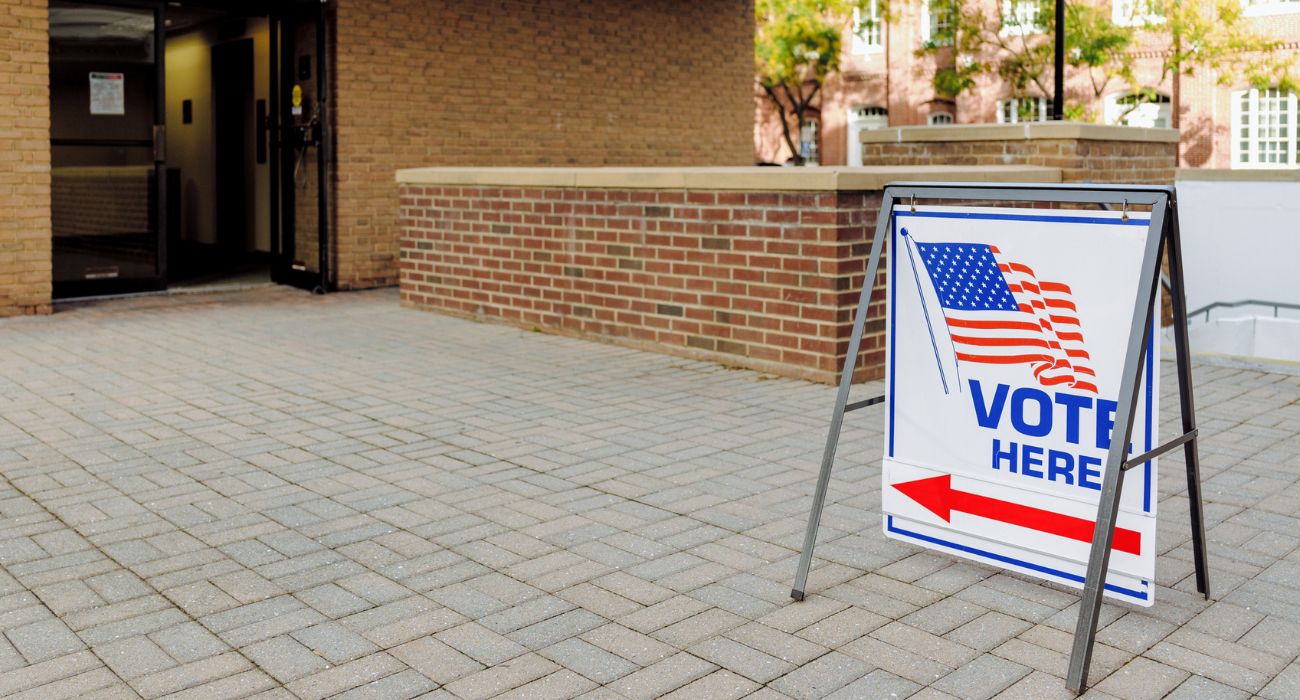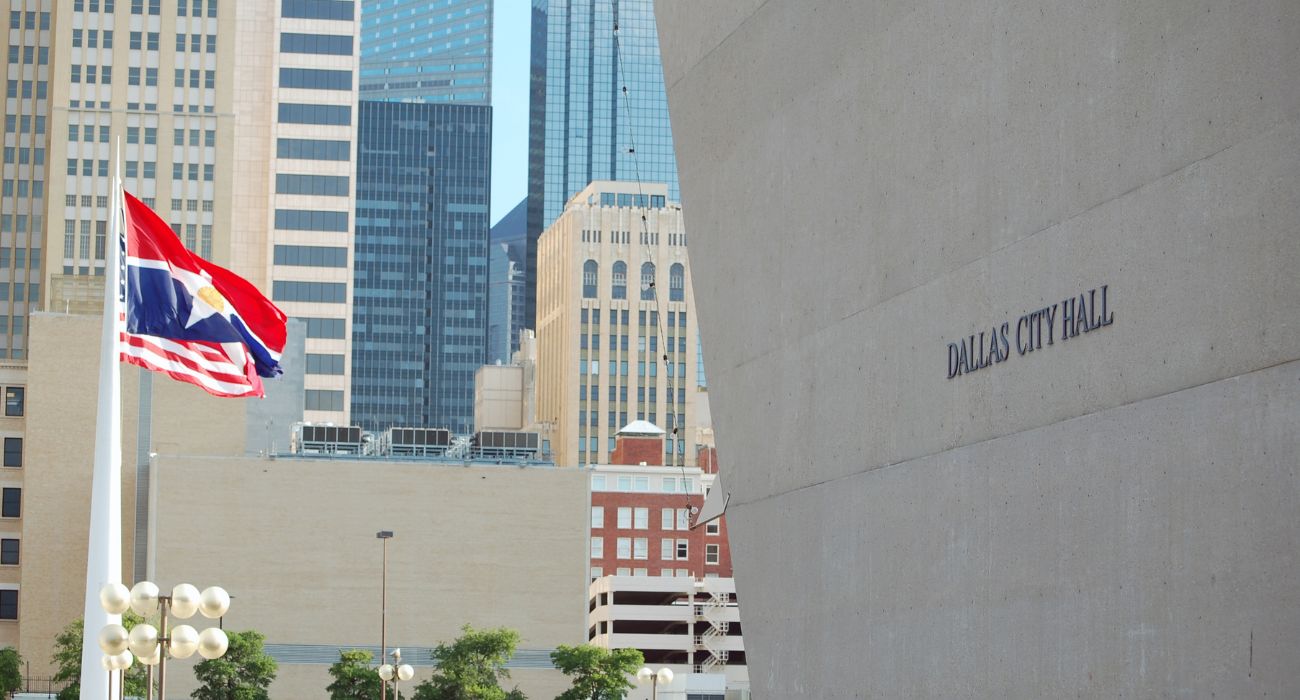For the past two years, the Dallas City Council has wrestled with the issue of short-term rentals like those found on Airbnb and VRBO. Numerous task forces and committee meetings have yet to resolve the contentious issue.
On the one hand, these rentals provide a valuable source of tax dollars for the city and expand visitor accommodation options, encouraging tourism.
On the other hand, common complaints from some of the Dallas residents who live between these rentals mention frequent noise, trash, and general disruption.
In June, the Zoning Ordinance Advisory Committee began a review of the City Plan Commission’s recommendations. The plan set out to protect short-term rental users while maintaining the character of the neighborhoods where they operate.
Specifically, the committee considered ways to “preserve the neighborhood character of residential districts … and minimize adverse impacts to the housing supply caused by the conversion of residential units to transient use.”
Dallas is by no means unique in its struggle to fairly regulate short-term rentals. The same debates are occurring across the country.
Just north, Plano is similarly considering a ban on short-term rentals. As reported by The Dallas Express, Plano witnessed short-term rentals skyrocket by nearly 50% in just two years between September 2019 and September 2020.
Dallas has no existing standards that outline whether a residential property can be used for short-term accommodation. However, the City treats these short-term rentals like a hotel for tax purposes.
The new recommendation would alter the current development code to include short-term rentals under “lodging uses.” The city council is also developing regulations that apply specifically to these rentals in the neighborhoods where they exist.
A grassroots group known as the Dallas Neighborhood Coalition (DNC) has long maintained that since short-term rentals pay the city’s hotel tax, they should be treated as if they are hotels. Since local code prevents hotels from operating in single-family neighborhoods, so should it similarly bar short-term rentals from those same areas, says the group.
Members of the DNC want the City to codify short-term rentals as a lodging use in the development code and allow short-term rentals to operate only in the areas where other types of lodging are allowed.
A couple of years back, the city council allocated nearly half a million dollars for a five-year contract to assess Dallas’s current short-term rental market, contact their hosts for registration, and collect any hotel tax owed. Colorado-based MUNIRevs was awarded the contract and eventually identified 1,439 active and registered properties. Another 1,189 properties were deemed “possible” locations.
Those numbers may seem low for a large city like Dallas, and perhaps they are. Three industry experts pegged short-term rental numbers at upwards of 6,000 – more than triple the official listings identified by MUNIRevs.
Some of the city’s short-term rentals have become infamous, like the now-delisted 4,000-square-foot home in the Lochwood neighborhood. The property, which advertised space for nearly two dozen guests, was known for its abundance of trash, loud music, and illegal parking.
City Hall maintains that short-term rentals are not causing disproportionate disruption. Of the 2,628 properties identified by MUNIRev, more than 88% generated zero emergency calls. However, put another way, more than 1 out of 10 did prompt calls to 311 or 911, higher than what is typical for non-rental properties.
The short-term rental craze has also been criticized for driving up local prices. Known as “the Airbnb effect,” the Economic Policy Institute claims these types of rentals create more costs than benefits, a fact not lost on people trying to solve the city’s 20,000-unit housing shortage.
Of course, limiting short-term rental availability could lead to a reduction in accommodation in the city and drive up the rates of those which remain, potentially deterring visitors to DFW. It would also eliminate a lucrative source of income for some of DFW’s residents.
COVID-19 also changed the way consumers travel. According to Airbnb, people are taking longer trips and living away from home for extended periods. In these instances, having access to typical amenities found in a home, like a kitchen and laundry facilities, can be appealing.
“Travel is coming back … But [it] will be really different than before,” Airbnb CEO Brian Chesky told a group of journalists last year.
While the City appears to be drawing closer to a decision, a resolution is still far from certain. The planning commission will entertain public feedback on December 8 during a special daylong meeting before delivering its recommendation to the city council.







In my experience, STRs with the owner present, as in those who rent out a portion of their home, generate the least number of problems and contribute to the character of their neighborhoods. Thus a solution which might please the majority might be to require STR owners to live on or in the immediate vicinity of their rental unit(s).
However the larger concern should be the ability of people to get by in our currently lousy economy. People caring for an aging parent or disabled family member use STRs to provide their income. I don’t see how any human with a functional heart can put corporate profits above the needs of people. (If you’ve been living under a rock you may not be aware that it’s hotel chains which are leading the charge against STRs.)
People are doing the best they can to deal with the effects of big spenders in Congress, STR owners no different than Uber or Lyft drivers. 8.6% annual inflation is the cost of Joe Biden’s “stimulus” packages. FJB.